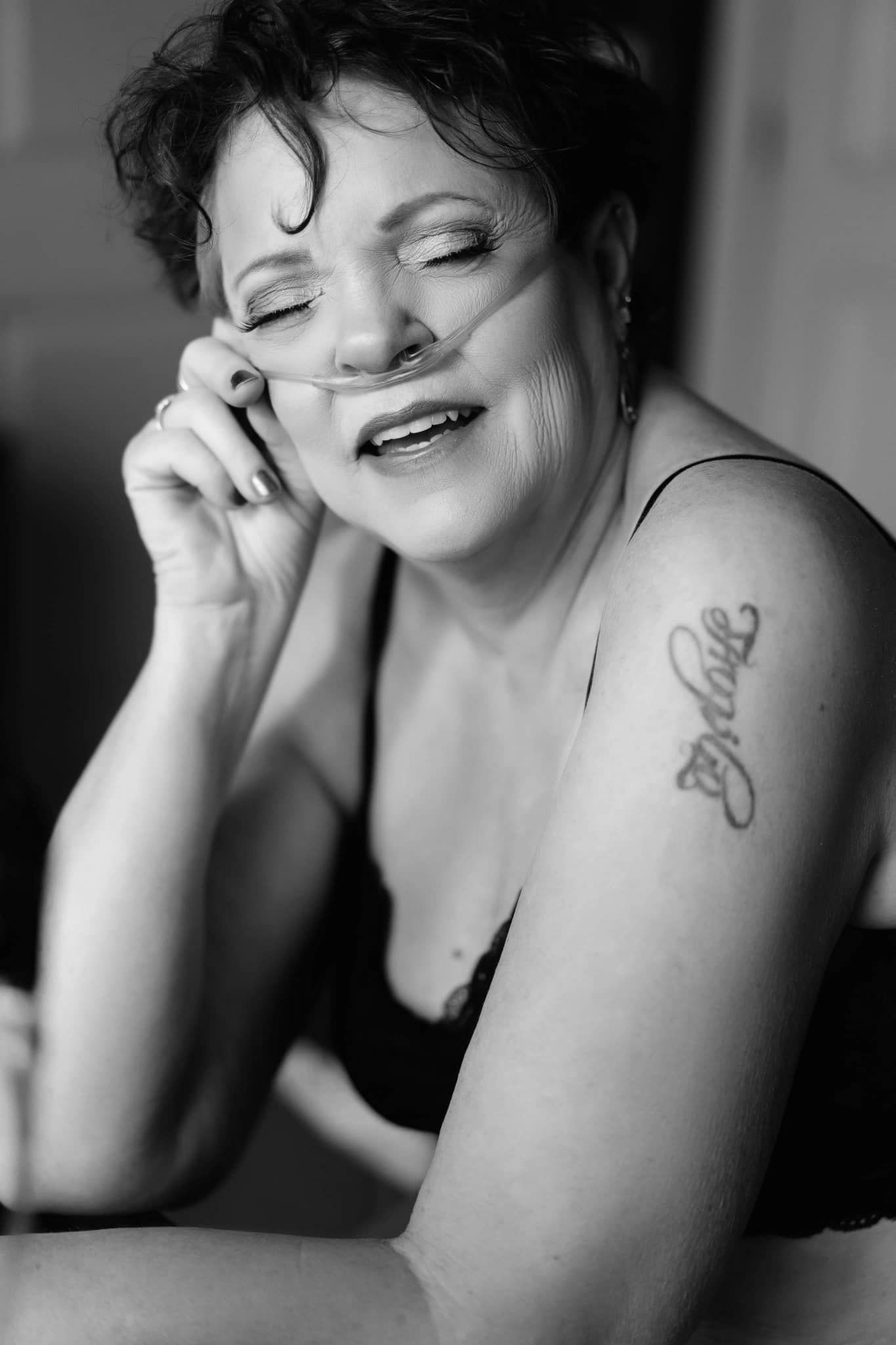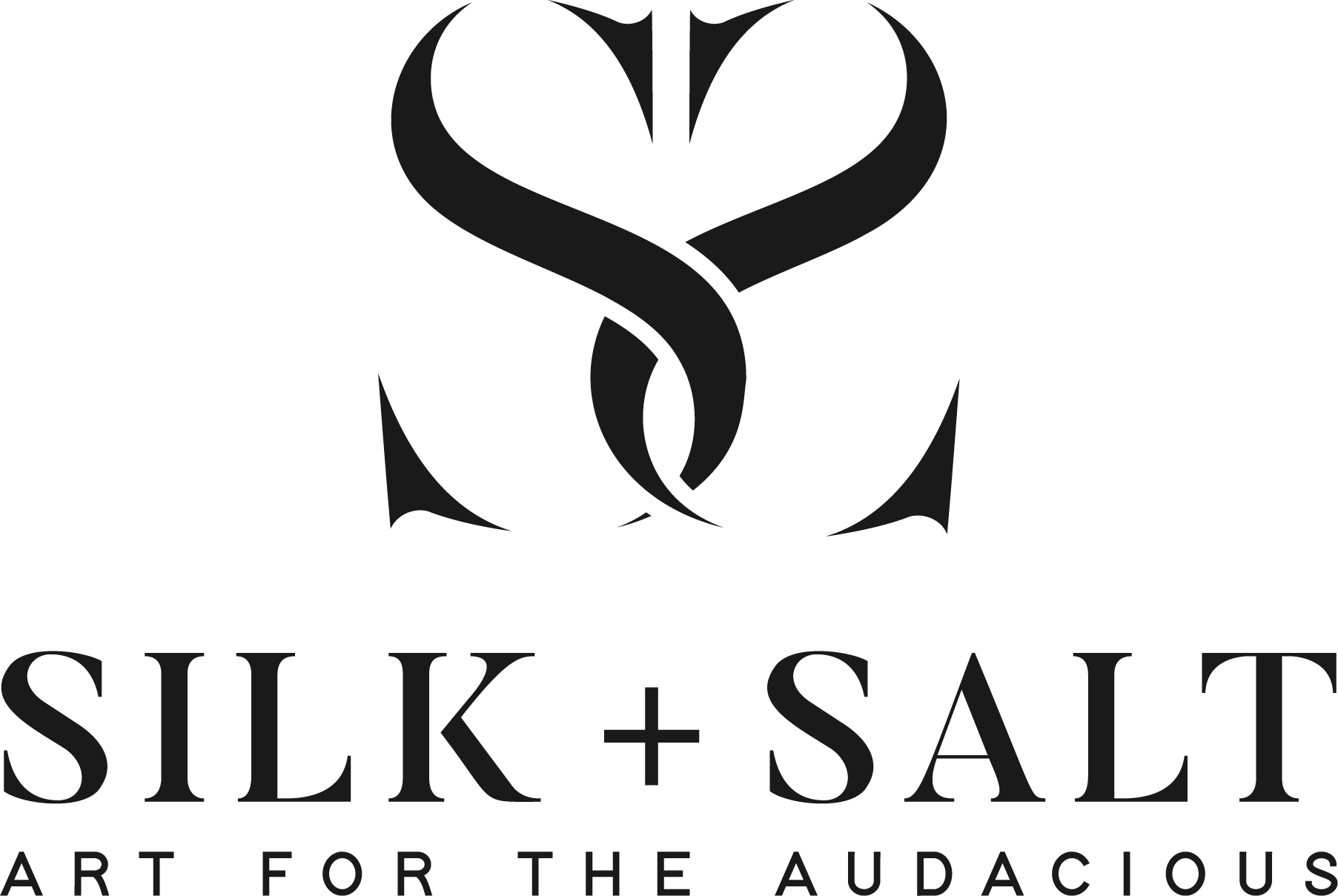If you are disabled or have a chronic illness, you may be hesitant to do a boudoir shoot. Disabled bodies are sometimes dismissed, or even derided. Perhaps you view your body as a foe. When you are constantly fighting with your body about what it can or can’t do, you may disassociate or disconnect from it.
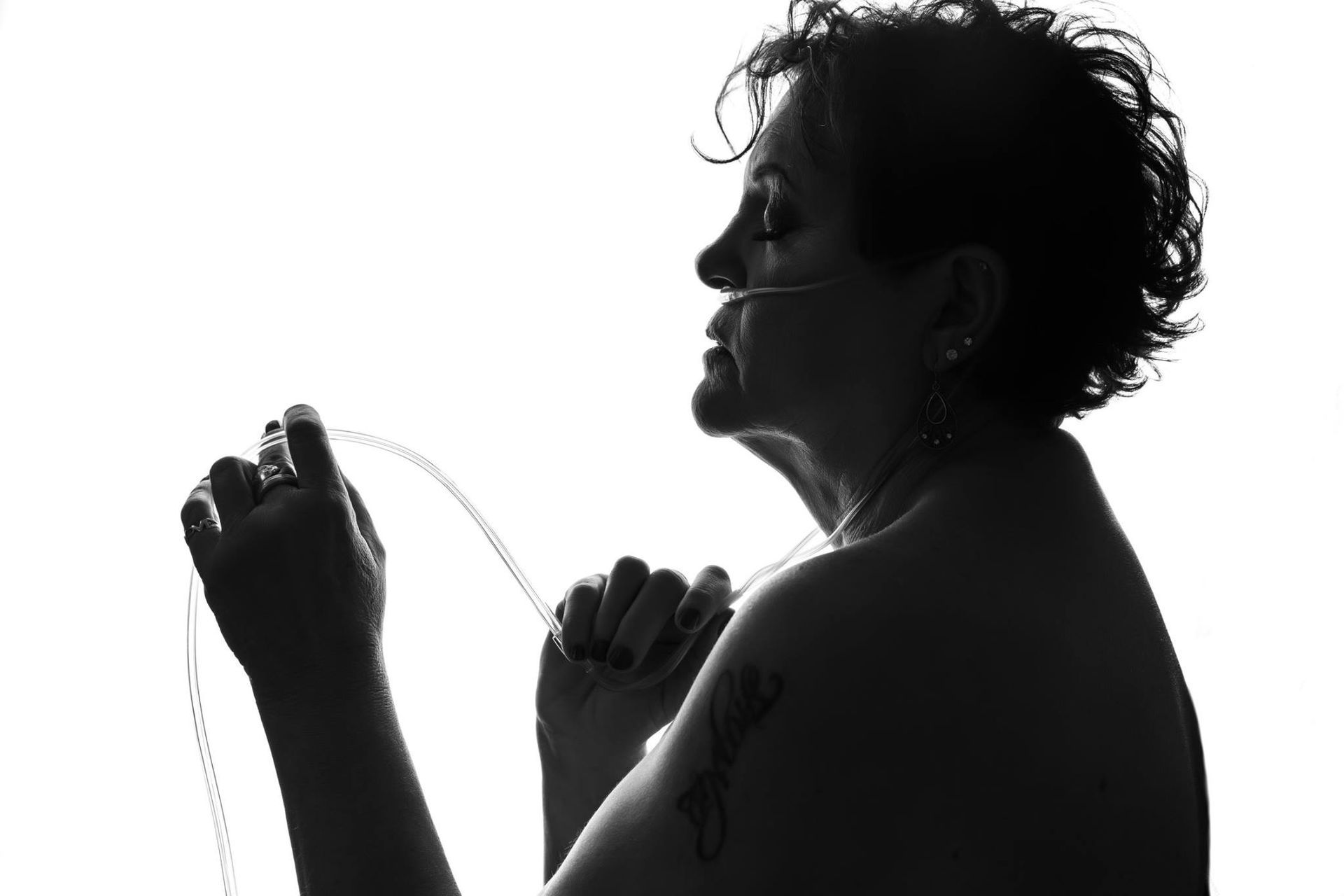
Disability can impact every area of your life. There is no need to avoid acknowledging that in your session. Limitations - physical, mental, and emotional - are real and are nothing to be ashamed of. The everyday realities of living with a disability may mean you need some accommodations. Every person comes into a boudoir session with different needs. The best photographers will meet you where you are. Poses can be adjusted for mobility challenges. You may experience fatigue or body pain and need a break. This is all completely fine. Concern for what feels good for YOUR body is paramount.
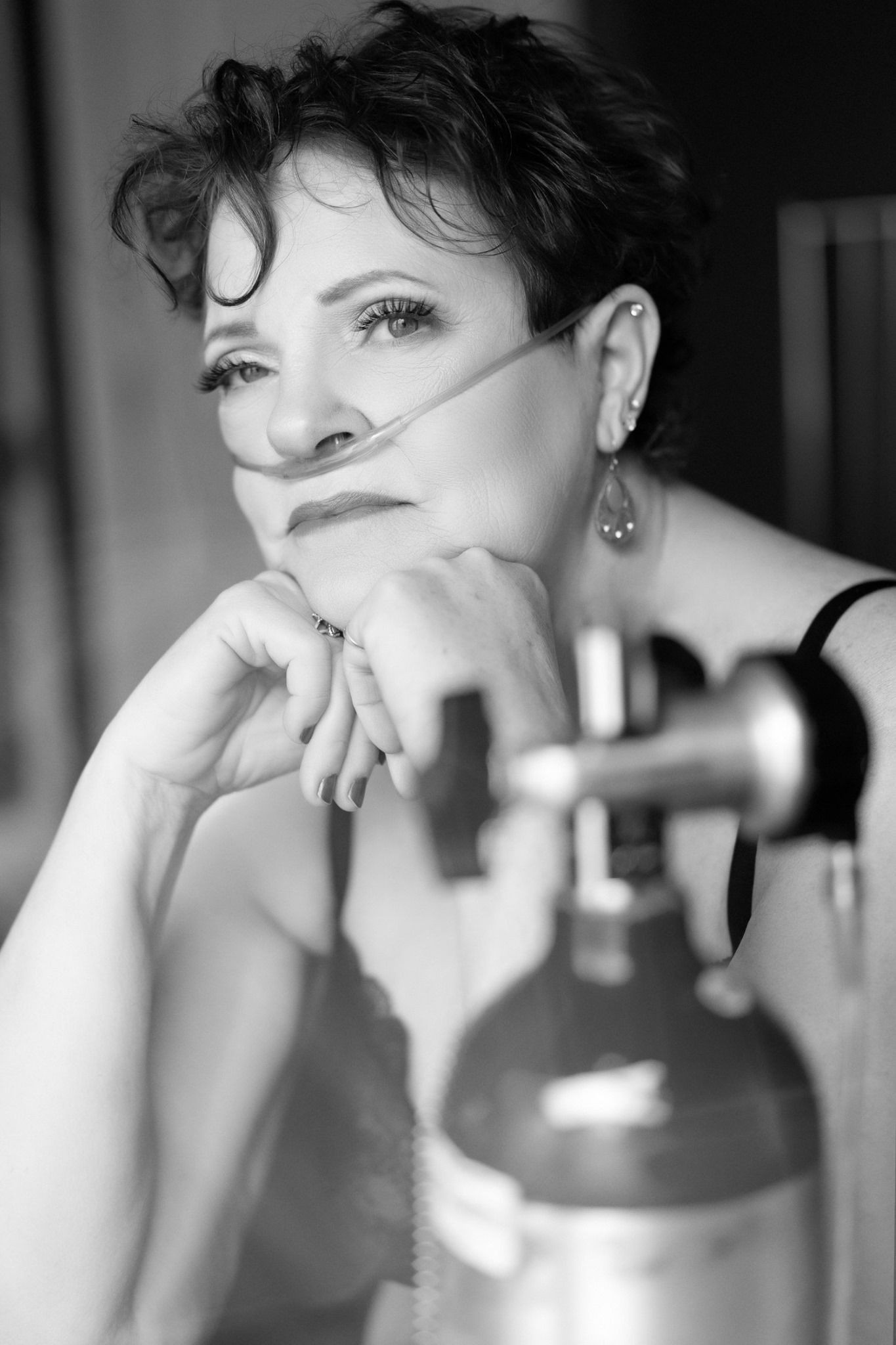
Often, with disabilities or chronic medical conditions, body autonomy goes by the wayside. People are, in an effort to help, touching and poking and adjusting and assisting. Much of this may be necessary, but that doesn’t mean it is always enjoyable. Boudoir sessions are about honoring your needs, making you feel more connected to your body, and offering a positive, inclusive, and welcoming environment where body autonomy and consent are of utmost concern.
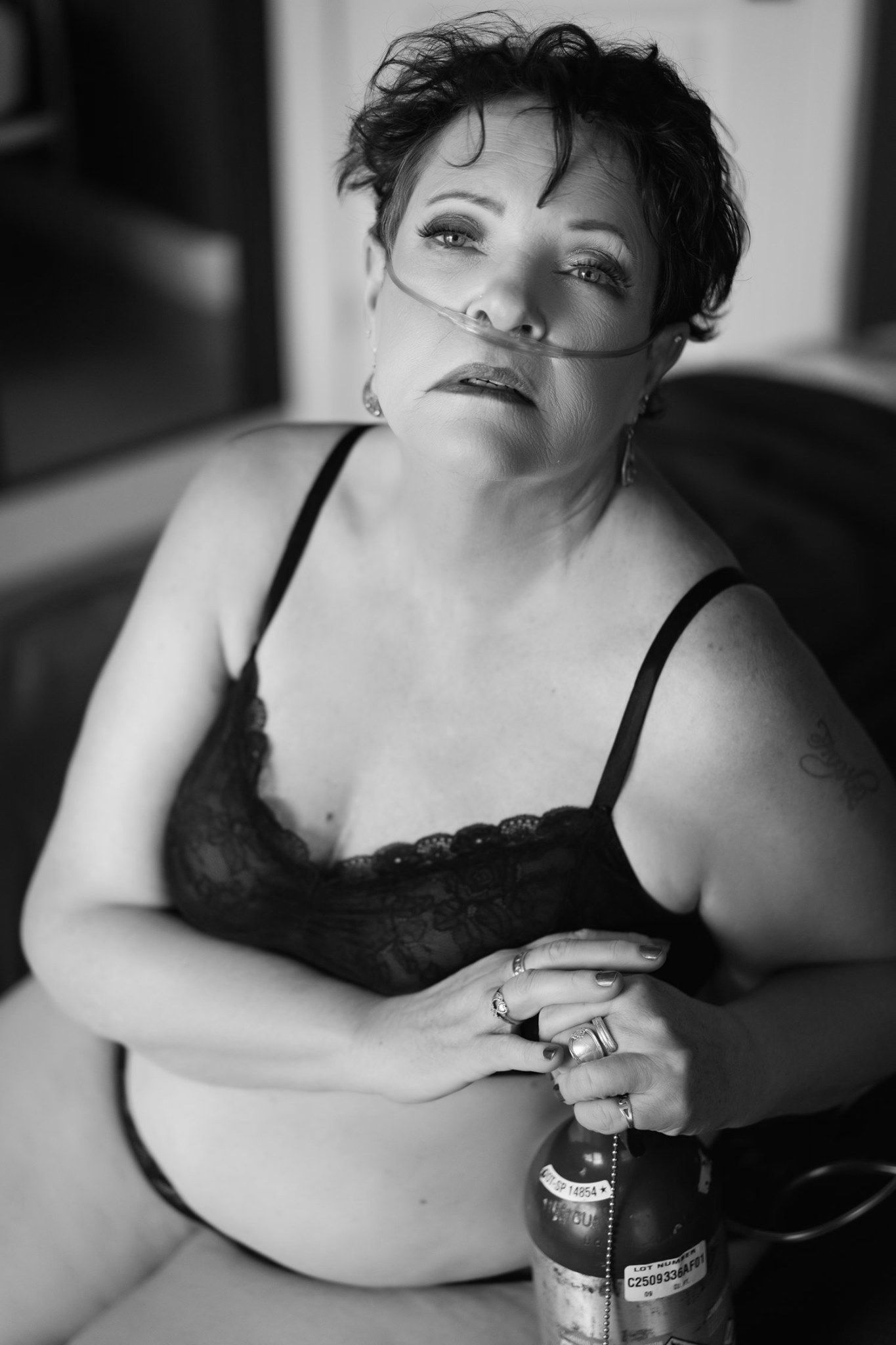
Society often deems disability as something to be hidden away or held up as “inspirational” or “brave”, simply for existing in a disabled body. Photo documentation of you, and your life, being in your body in a joyful, sexy way, is so important. Beauty standards are often limited to a narrow definition, and positive examples of sexuality and disability together are rare. People with disabilities don’t have to be either a tragedy or an inspiration to be worthy, and photography that shows disabled bodies in a full range of humanity, including sensuality, makes a difference.
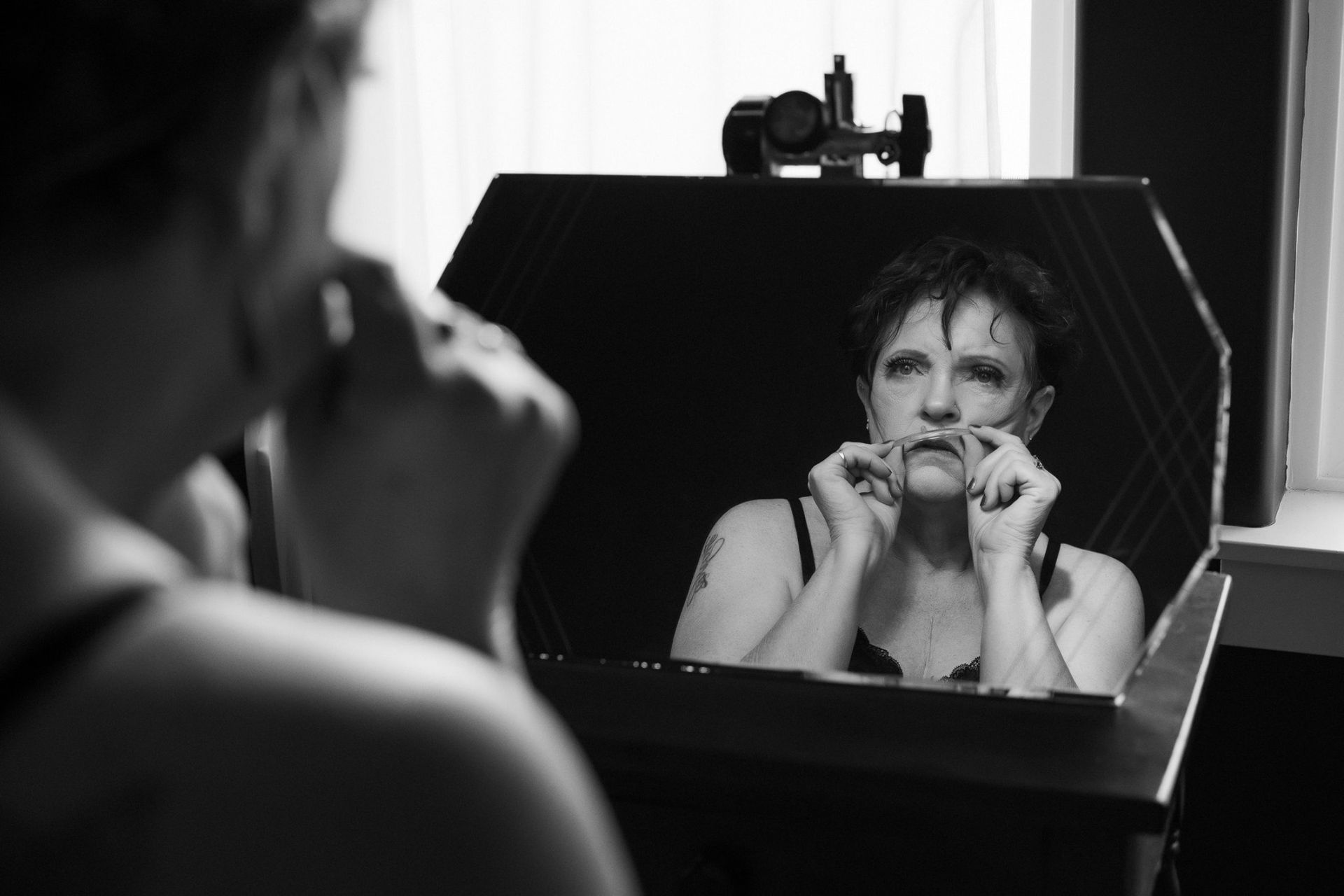
The world’s perceptions often leave disability out of the narrative. You are either stared at or invisible. Boudoir celebrates your presence, wholly. You are affirmed and supported every step of the way, and this deeply personal, meaningful experience challenges the world’s stories. You are embraced as worthy, valuable, and beautiful.
The world so often tries to define what people, especially women, “should” be. Should doesn’t matter. Reclaim your disabled body in the way you want to define it. How we should be, what we should be able to do, how we should feel - these are arbitrary standards that no one can fulfill completely.
Good.
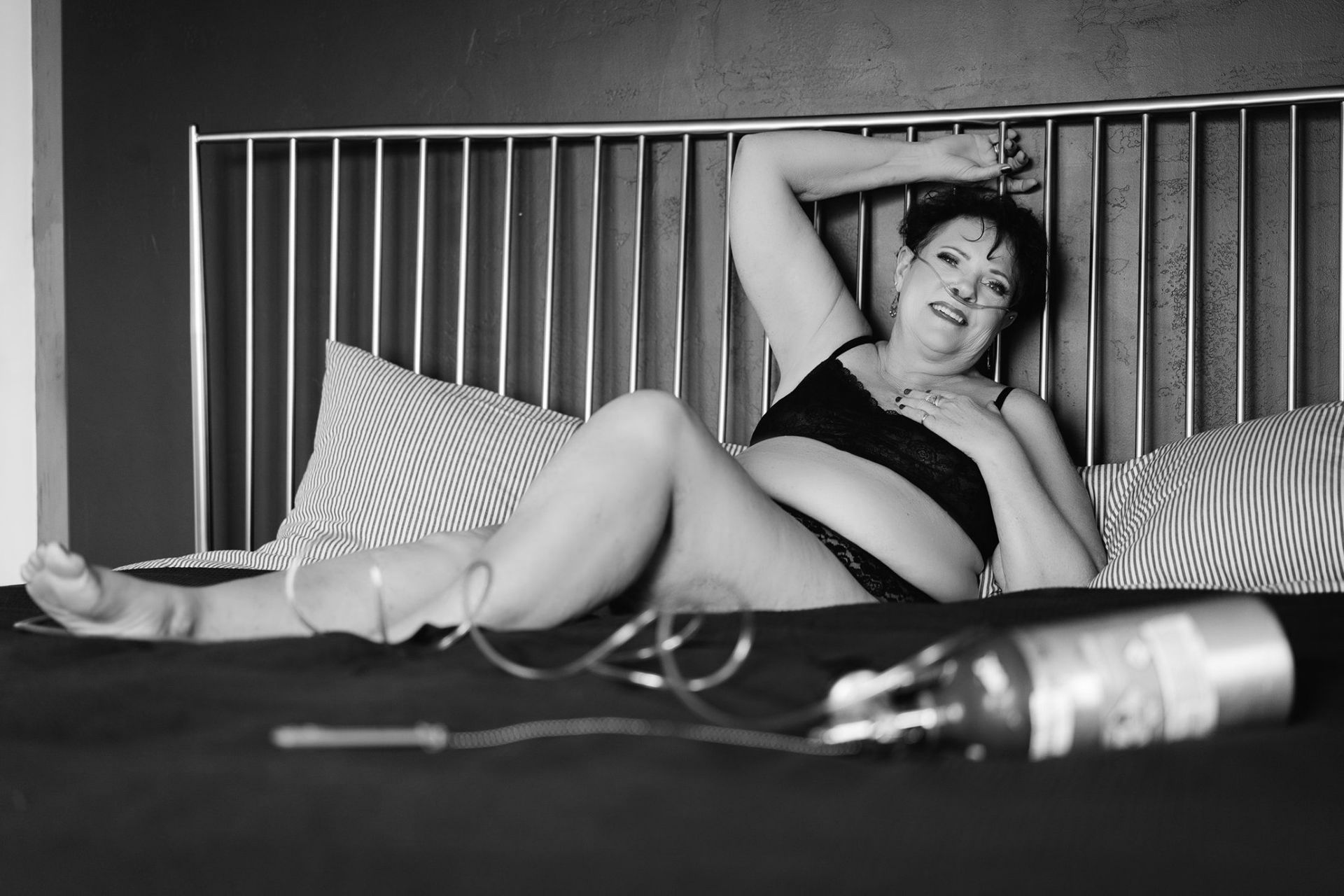
Normalization comes through representation. Diversity and awareness go hand in hand. Show the world what a gorgeous, passionate, alluring disabled person looks like - what you see in the mirror. You may not have control over your disability, but you have control over how you think about it, and ultimately, how you choose to live with it.
Everyone can struggle with feeling unworthy and unattractive. There is not a single person on the planet who has a perfect body. It is a radical act to love the body you are in, especially when society tell you that you shouldn’t. You are not barriers. You are not stereotypes. You are not assumptions.
You are a beautiful and whole person. You are made up of the sum of your experiences and choices, and the person that came from the totality of that is incredible. Recognize that. Acknowledge it. Celebrate it. Take pictures of it.
You are the center of your story, and we don’t see people with disabilities as the center of stories often enough. Your story’s full of joys and triumphs and sadness and love and heartbreak and adventure. It is a romance and a mystery and a thriller and a memoir. Tell it.
